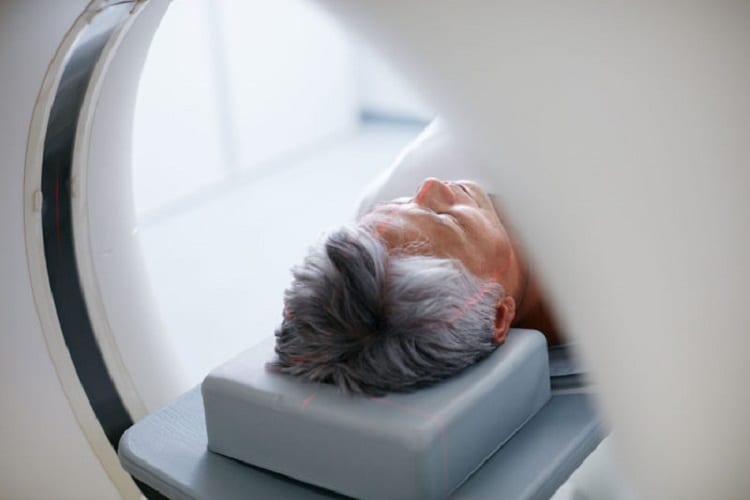Data may aid diagnosis of brain conditions, shed light on brain development
From the WashU School of Medicine News…
An MRI scan often generates an ocean of data, most of which is never used. When overlooked data is analyzed using a new technique developed at Washington University School of Medicine in St. Louis, they surprisingly reveal how many and which brain cells are present – and show where cells have been lost through injury or disease.
The findings, published online the week of Sept. 24 in Proceedings of the National Academy of Sciences, eventually may lead to new ways to diagnose Alzheimer’s disease, multiple sclerosis, traumatic brain injury, autism and other brain conditions through a simple brain scan.
“There’s no easy way to detect the loss of neurons in living people, but such loss plays a role in many neurological diseases,” said Dmitriy Yablonskiy, PhD, a professor of radiology at the university’s Mallinckrodt Institute of Radiology, who directed this study together with Marcus Raichle, MD, a professor of radiology and the Alan A. and Edith L. Wolff Distinguished Professor of Medicine. “We’ve shown in the past that there’s a signal that goes down in parts of the brain in people with Alzheimer’s disease, multiple sclerosis and traumatic brain injury, but we didn’t know what it meant. Now, we know it means neurons have died in those areas.”
Most researchers studying brain function with MRI are only interested in a small portion of the MRI signal. They want to see how the MRI signal changes when a person performs a task, not what stays the same. Researchers trying to understand vision, for example, focus on the signal variation due to the brain activity when a person looks at a picture, and discard the parts of the signal that hold steady. But that is like looking at the waves along the surface of the ocean, and ignoring the mass of water beneath.
Yablonskiy, Raichle and colleagues including Jie Wen, PhD, an instructor in radiology and the study’s first author, Manu Goyal, MD, an assistant professor of radiology and of neurology, and Serguei Astafiev, PhD, a senior scientist in psychiatry, decided to find what the rest of the ocean could tell us about how the brain works.
